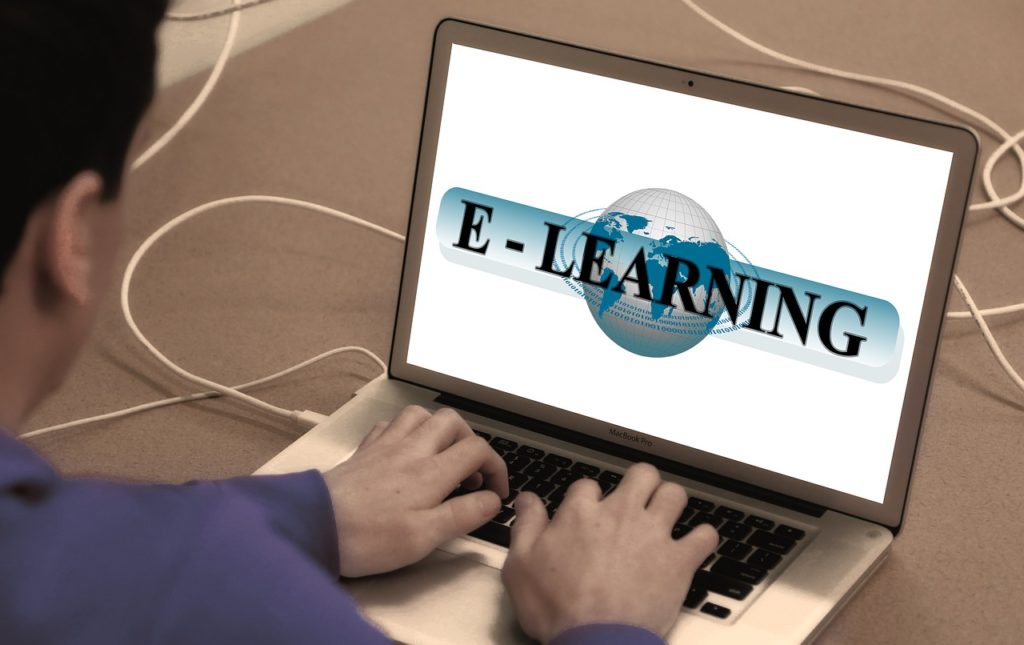
Technology has brought amazing changes to our lives and one of the most valuable changes is in the way that people are able to learn. The internet makes it possible for people all over the world to access quality education without having to be present in a classroom, and a lot of that education is free.
Internet Based Learning Helps Younger Students Become Math Masters
Math is such an important subject for kids to master, but classroom lessons that have to cater for 30 or more students of differing abilities don’t come anywhere near close to making sure that all kids get the math education they deserve.
Online math courses like Conquer Math provide the solution. These courses put kids in control of their math education with comprehensive, engaging, fun lessons provided by the very best math teachers.
Lessons combine expert instruction with clear graphics and animations, which let students move forward at their own speed, stopping, rewinding, and repeating lessons as often as they need to, so they can firmly cement their new found math skills into their brains.
Automatically graded and logged assignments follow each lesson, giving kids instant feedback and providing parents with a detailed picture of their child’s progress.
Online Degrees Offer a Flexible Advanced Education
Traditional campus based degrees are great for young people fresh out of high school, but they don’t offer the flexibility that older students with established careers need.
In today’s ever changing employment landscape, people need easy access to an education that will allow them to progress in their career, or make a switch to a new field should that become necessary.
Leading colleges and universities now deliver a wide range of their courses online, and students can choose to study one of the humanities programs, like the online masters in history offered by Norwich University, or a more career specific program like computer science, engineering or business administration.
Online degrees are designed with part-time studies in mind, and students can easily fit their course work in around their work and family commitments. Most courses use pre-recorded lectures that students can watch at their convenience, although some courses do include a number of live classes. A typical online degree requires around 10 hours of study per week.
Some degree courses offer accelerated programs that permit students to complete courses quickly. For example an online master of art in history program can be completed in as little as 18 months.
MOOCS Deliver Exciting Free Courses Worldwide
Massive Open Online Courses (MOOCS) continue to be a worldwide hit, making it possible for students to obtain valuable skills, irrespective of their age, location, or financial situation. They also give students a chance to test drive a subject before committing to a full degree program.
MOOCS really took off in 2011 when Stanford made a free artificial intelligence course available, which attracted 150,000 students. Now, some institutions offer paid courses, which are structured to allow students to graduate with micro degrees or other new qualifications.
With the hundreds of degree courses available from accredited colleges and universities, along with thousands of free and paid MOOCS, finding an internet based course that fits your needs is easier and more affordable than ever before.